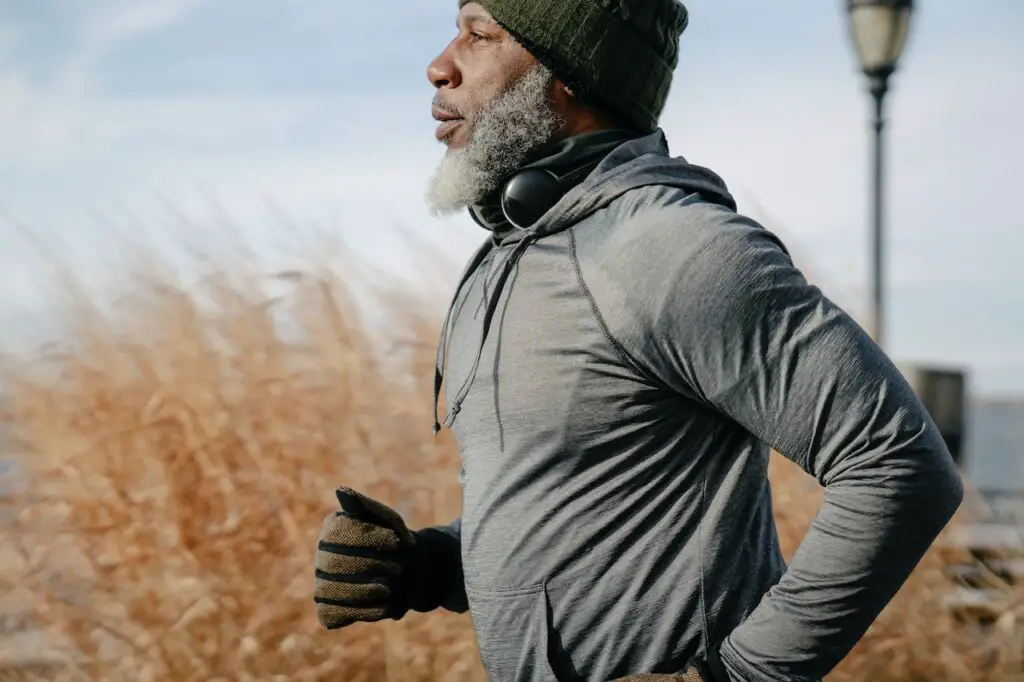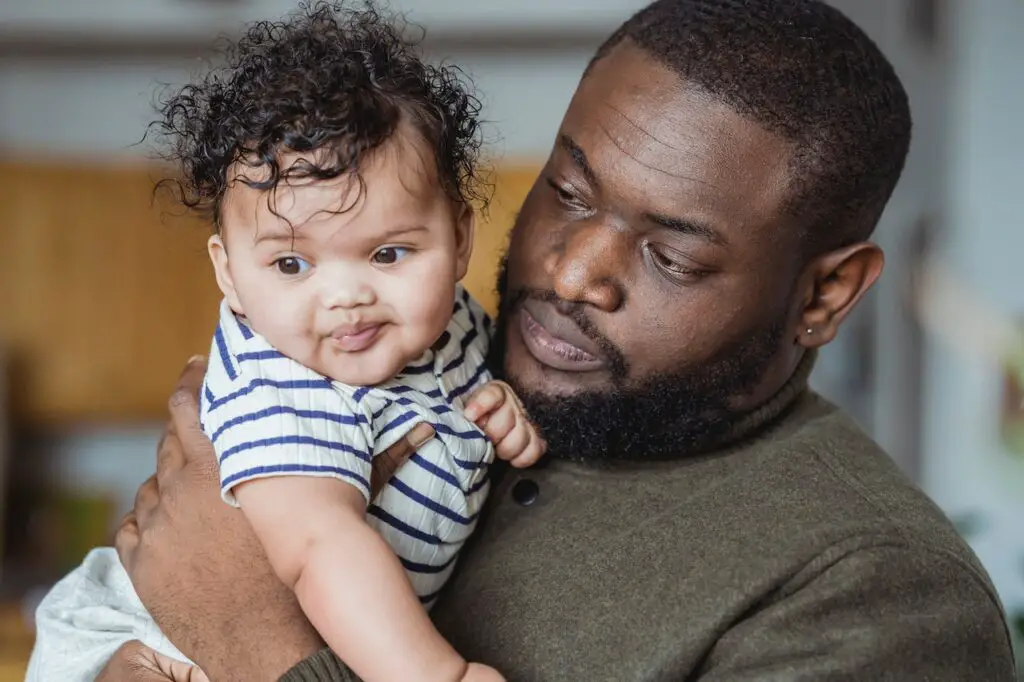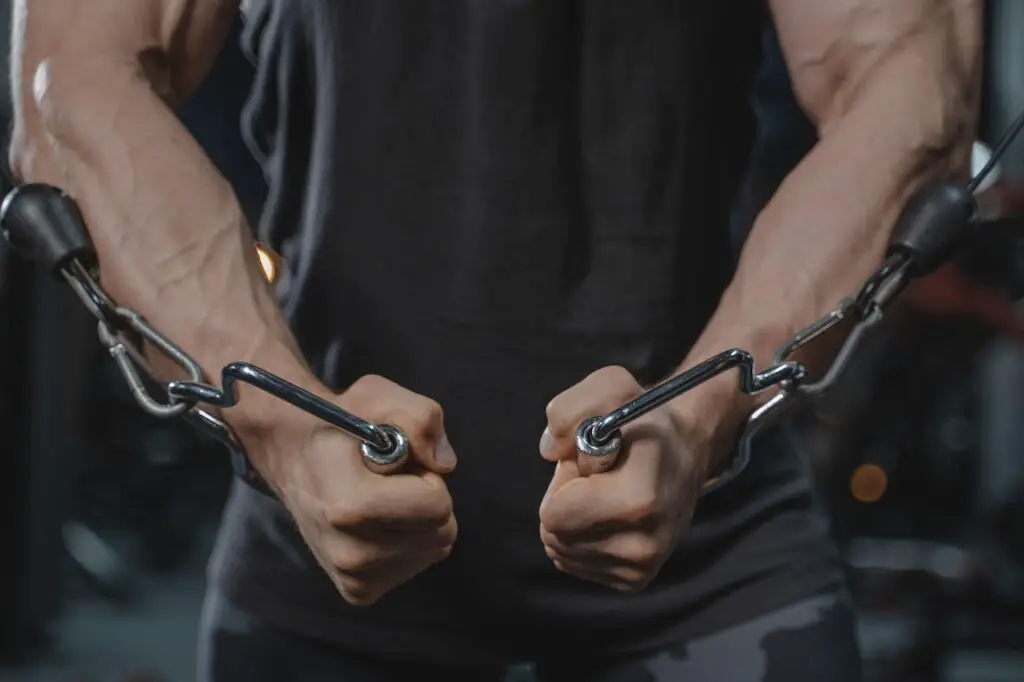The concept of masculinity has evolved significantly over time. In today’s society, men are increasingly breaking free from traditional stereotypes and embracing their authenticity. This article delves into the psychology of masculinity, exploring how cultural stereotypes have shaped our understanding of manhood and how individuals can challenge these norms to create a more inclusive and emotionally fulfilling society.
Understanding Masculinity: A Historical Perspective
To truly grasp the complexities of masculinity, it is imperative to delve into its historical roots. Throughout different epochs, societies have crafted distinct notions of what it means to be a man, shaping the concept of masculinity as we know it today. In ancient civilizations, men were often associated with traits like strength, courage, and dominance, serving as protectors and providers.
During the Renaissance era, chivalry and honor became integral components of masculinity. The industrial revolution brought about the breadwinner stereotype, emphasizing men’s role as sole providers for their families. Understanding the historical evolution of masculinity helps us analyze how cultural beliefs and societal expectations have influenced modern perceptions of manhood.
Related: The Rise of the Modern Alpha Male: How to Embody Confidence and Success

Cultural Stereotypes and Masculinity
The Tough and Emotionless Man
One prevalent stereotype that has persisted through the ages portrays men as tough and emotionless beings. This perception suggests that displaying vulnerability or expressing emotions is a sign of weakness, and men should always remain stoic and unyielding. This stereotype not only puts immense pressure on men to suppress their feelings but also perpetuates harmful gender norms.
It can lead to emotional disconnection, communication barriers in relationships, and hinder the development of emotional intelligence. Breaking free from this stereotype is essential for men to embrace their authentic selves and foster healthier, more fulfilling lives.
Toxic Masculinity and Its Impact
Toxic masculinity is a harmful concept that promotes aggressive and dominating behavior in men while discouraging traits like empathy and vulnerability. This deeply ingrained societal norm can have a significant impact on individuals and society as a whole. Men who conform to toxic masculinity may struggle with emotional expression, leading to mental health issues and difficulties in forming meaningful connections with others.
Moreover, toxic masculinity contributes to gender inequality and fosters an environment where harmful behaviors, such as misogyny and violence, can prevail. Overcoming toxic masculinity is vital for promoting healthier and more respectful relationships between genders.
Related: The Sigma Male Phenomenon: What Makes Them So Irresistibly Mysterious?

The Shift in Paradigm: Redefining Masculinity
Thankfully, there is a growing awareness of the need to redefine masculinity. This section explores the positive changes that challenge traditional notions of manhood.
Embracing Emotional Intelligence
Embracing emotional intelligence is a crucial aspect of redefining masculinity positively. It involves recognizing, understanding, and managing one’s emotions and empathizing with others’ feelings. Men who embrace emotional intelligence can communicate effectively, build healthier relationships, and navigate conflicts constructively. By acknowledging and expressing their emotions, they break away from the stereotype of emotional restraint.
Emotionally intelligent men are better equipped to cope with stress and support others through their emotional challenges. This shift towards emotional intelligence fosters a more empathetic and compassionate society, where individuals can connect on a deeper level, transcending traditional notions of masculinity.
Vulnerability as Strength
Vulnerability as strength is a powerful idea that challenges traditional beliefs about masculinity. Contrary to the notion that showing vulnerability is a weakness, embracing one’s vulnerabilities takes courage and authenticity. When men allow themselves to be vulnerable, they create genuine connections with others and foster trust and intimacy in their relationships.
Opening up about emotions and struggles enables them to seek support and grow emotionally. Vulnerability also encourages empathy and understanding, as it allows men to relate to the experiences of others. Embracing vulnerability as a strength empowers men to break free from societal expectations and embrace their authentic selves.
Nurturing Healthy Relationships
Nurturing healthy relationships is a fundamental aspect of authentic masculinity. It involves cultivating mutual respect, effective communication, and emotional support within partnerships, friendships, and family bonds. Men who prioritize healthy relationships actively listen to their loved ones, validate their emotions, and offer understanding and encouragement. They demonstrate empathy and strive to be reliable and trustworthy companions.
By fostering positive connections, men can create a safe and supportive environment where emotional intimacy can flourish. Nurturing healthy relationships not only enriches individual lives but also contributes to a more compassionate and cohesive society, promoting a positive shift in the perception of masculinity.
Related: Fatherhood for Men: Navigating the Challenges and Rewards of Parenthood

The Influence of Media on Masculinity
Reinforcing Stereotypes
Reinforcing stereotypes is a concerning aspect of media representations of masculinity. When media perpetuates traditional views of men as tough, dominant, and emotionally distant, it reinforces harmful gender norms. Such portrayals can have a profound impact on society, shaping expectations and behaviors.
Young boys may internalize these stereotypes, believing they must conform to rigid ideals of manhood. Furthermore, these portrayals contribute to gender inequality and limit the potential for emotional growth and self-expression. Challenging these stereotypes in media is essential for promoting a more diverse and inclusive understanding of masculinity.
Media Representations of Progressive Masculinity
Media representations of progressive masculinity play a vital role in reshaping societal attitudes towards men. In recent years, there has been a welcome shift in the portrayal of male characters in movies, TV shows, and advertisements. These representations showcase men who challenge traditional stereotypes by embracing vulnerability, emotional intelligence, and empathy.
They emphasize the importance of healthy relationships and communication, breaking away from the hyper-masculine norms of the past. By promoting positive role models and diverse depictions of men, media can inspire a more inclusive and accepting perception of masculinity, encouraging men to embrace their authentic selves.
Breaking Free from Societal Expectations
Challenging Traditional Roles
Challenging traditional roles is a progressive step in redefining masculinity. It involves breaking away from long-standing societal expectations that confine men to specific roles and behaviors. Men who challenge these norms pursue careers and interests that may have been traditionally considered “feminine” or outside the norm.
By embracing diverse roles, they contribute to a more inclusive and equal society. This shift encourages men to be more expressive and open to experiences that defy gender stereotypes, leading to personal growth and a broader understanding of what it means to be a man in today’s world.
Pursuing Passions and Interests
Pursuing passions and interests is a crucial aspect of embracing authentic masculinity. Men who follow their genuine passions, regardless of societal expectations, find fulfillment and purpose in their lives. This pursuit fosters a sense of individuality and self-discovery, allowing men to express their unique identities confidently.
By breaking free from rigid gender norms, they inspire others to do the same, fostering a more accepting and diverse society. Embracing passions also encourages personal growth and resilience, as men learn to overcome obstacles and pursue their dreams with determination and enthusiasm.
Encouraging Self-Care and Mental Health
Encouraging self-care and mental health is a critical aspect of promoting authentic masculinity. Men often face societal pressures to suppress their emotions and prioritize external achievements over their well-being. By embracing self-care practices and prioritizing mental health, men learn to take care of themselves both physically and emotionally.
This shift in perspective challenges the notion that seeking help or expressing vulnerability is a sign of weakness. Instead, it highlights the strength in acknowledging and addressing one’s mental health needs, leading to happier, more balanced lives and fostering a healthier understanding of masculinity.
Related: Escape the Ordinary: Elevate Your Lifestyle with These Thrilling Hobbies for Men

The Role of Education and Parenting
Shaping Young Minds
Shaping young minds is a significant responsibility in cultivating a positive and inclusive understanding of masculinity. Parents, educators, and mentors play a crucial role in guiding boys towards embracing authentic expressions of manhood. By promoting open-mindedness and encouraging emotional expression from a young age, they help boys develop emotional intelligence and empathy.
Teaching the importance of respecting others’ feelings and challenging harmful stereotypes empowers young boys to break free from traditional roles and expectations. By shaping young minds in this way, we can foster a future generation of emotionally aware and compassionate men who embrace their true selves and support others in doing the same.
Encouraging Emotional Expression
Encouraging emotional expression is a vital aspect of nurturing authentic masculinity. Creating an environment where boys feel comfortable expressing their feelings without judgment is essential for their emotional development. By validating and acknowledging their emotions, parents, teachers, and caregivers teach young boys that it is okay to be vulnerable and open about their feelings.
This approach helps boys build emotional intelligence and communication skills, enabling them to form healthier relationships. Emphasizing the value of emotional expression dismantles the notion that showing emotions is a sign of weakness, empowering boys to embrace their emotions and embrace a more emotionally fulfilling and authentic version of masculinity.
Men Supporting Men: The Power of Male Allies
Men supporting men as male allies is a transformative force in redefining masculinity positively. Male allies actively advocate for gender equality, challenge toxic behaviors, and support fellow men in embracing their authentic selves. By fostering a culture of empathy and understanding, male allies help break down barriers that perpetuate harmful gender norms. They create safe spaces for emotional expression, where men can discuss their struggles without fear of judgment.
Male allies also play a crucial role in addressing issues like mental health, promoting healthy relationships, and dismantling harmful stereotypes. Through their support and solidarity, male allies contribute to a more compassionate and inclusive society, where men can thrive as their true selves, free from the constraints of traditional expectations.
Related: Mental Toughness for Men: How to Develop Resilience and Grit
The Impact of Masculinity on Women
Developing Equal Partnerships
Developing equal partnerships is a fundamental aspect of promoting authentic masculinity and gender equality. In such partnerships, both individuals share responsibilities, decision-making, and emotional support equally. By breaking away from the notion of a dominant partner and a submissive one, men can build relationships based on mutual respect and cooperation.
Equal partnerships empower men to recognize and value their partner’s contributions, fostering a deeper sense of connection and trust. This shift also challenges traditional power dynamics, promoting a healthier and more balanced relationship where both partners can thrive and grow together. Embracing equal partnerships contributes to a more inclusive and fulfilling understanding of masculinity.
Fostering Respect and Understanding
Fostering respect and understanding is a cornerstone of authentic masculinity. Men who prioritize respect for others, regardless of gender, race, or background, contribute to a more inclusive and harmonious society. By actively seeking to understand different perspectives and experiences, they cultivate empathy and compassion. Respecting and valuing diverse viewpoints creates a space for constructive dialogue and promotes a culture of mutual support.
This approach not only strengthens personal relationships but also helps dismantle harmful prejudices and stereotypes. Embracing respect and understanding in interactions fosters a sense of unity and promotes positive change, leading to a more empathetic and enlightened understanding of masculinity.
The Future of Masculinity: A More Inclusive Society
The future of masculinity holds the promise of a more inclusive and progressive society. As awareness grows, more individuals are challenging harmful gender norms and embracing a broader and more empathetic definition of manhood. Men are redefining masculinity by prioritizing emotional intelligence, vulnerability, and respectful relationships. This shift towards authenticity encourages open discussions about mental health and emotional well-being, destigmatizing seeking help when needed.
As men embrace diverse roles and interests, the boundaries of traditional masculinity blur, allowing for greater individual expression and self-discovery. This evolution not only benefits men but also creates a more inclusive and accepting environment for all genders. The future of masculinity is one of breaking stereotypes and embracing authenticity, fostering a society that values each person’s unique qualities and contributions.
Conclusion
In conclusion, the psychology of masculinity is evolving, with men challenging cultural stereotypes and embracing authenticity. By promoting emotional intelligence, vulnerability, and healthy relationships, we can create a more inclusive society that benefits everyone.
FAQs
What is toxic masculinity, and how does it affect men?
Toxic masculinity refers to cultural norms and expectations that promote aggressive and domineering behavior in men, while discouraging emotional expression and vulnerability. This harmful concept can have various negative effects on men. It may lead to difficulties in forming healthy relationships, increased aggression, and a lack of emotional fulfillment.
Are there any positive portrayals of masculinity in the media?
Yes, there are positive portrayals of masculinity in the media. In recent years, media platforms have started to showcase more well-rounded male characters who break away from traditional stereotypes. These portrayals emphasize qualities like emotional intelligence, empathy, and the ability to form meaningful connections with others.
How can parents encourage emotional expression in their sons?
Parents can play a crucial role in encouraging emotional expression in their sons. They can create a safe and supportive environment where boys feel comfortable expressing their feelings without judgment. Listening actively to their emotions and experiences, and validating their emotions as valid and important, is vital.
What are male allies, and why are they important in redefining masculinity?
Male allies are individuals, typically men, who actively support and advocate for gender equality and the dismantling of harmful gender norms. They stand alongside women and other marginalized genders, challenging the status quo and promoting a more inclusive society. Male allies play a crucial role in redefining masculinity by rejecting toxic behaviors and embracing positive traits like empathy, respect, and emotional openness.
Can you provide examples of famous individuals who have embraced authentic masculinity?
Barack Obama: The former U.S. President has often demonstrated emotional intelligence, empathy, and vulnerability in public speeches and interactions, breaking away from the stoic image associated with political leaders.
Prince Harry: Prince Harry has been open about his struggles with mental health and has used his platform to advocate for mental health awareness, showing vulnerability and emotional openness.
Terry Crews: Actor and former NFL player Terry Crews has been a vocal advocate for gender equality and has spoken out against toxic masculinity, encouraging men to reject harmful behaviors and embrace emotional expression.
John Legend: As a singer and activist, John Legend challenges traditional gender roles and emphasizes the importance of respectful and equal partnerships in his music and public statements.

